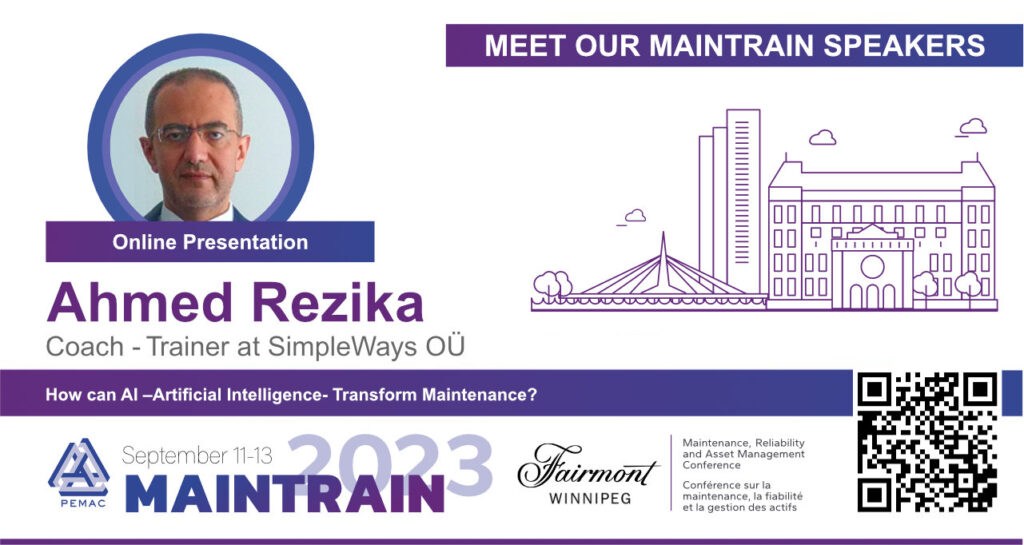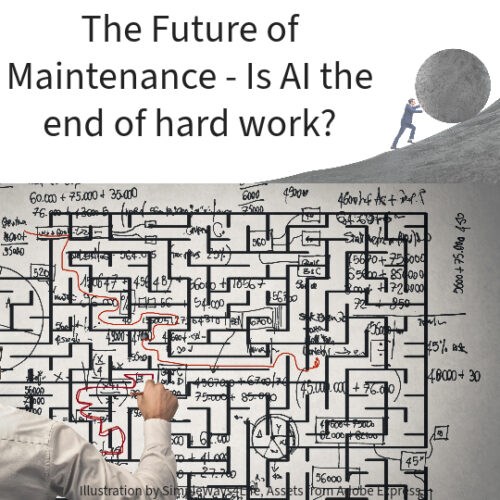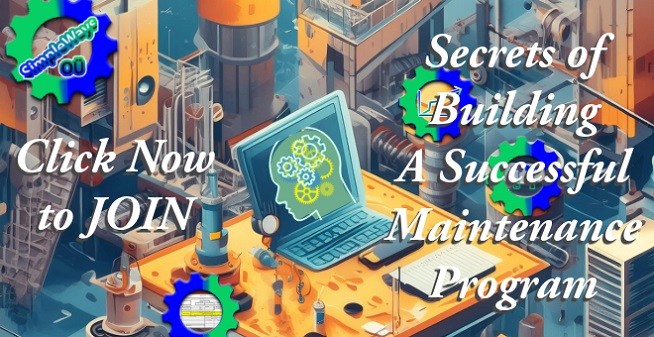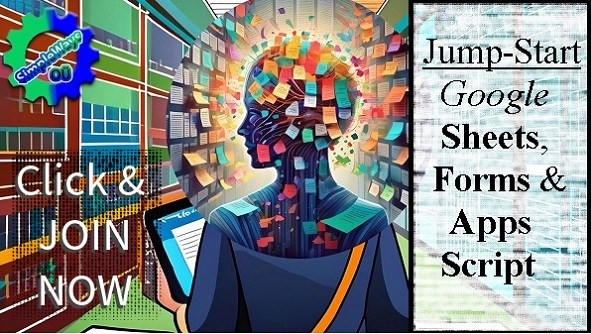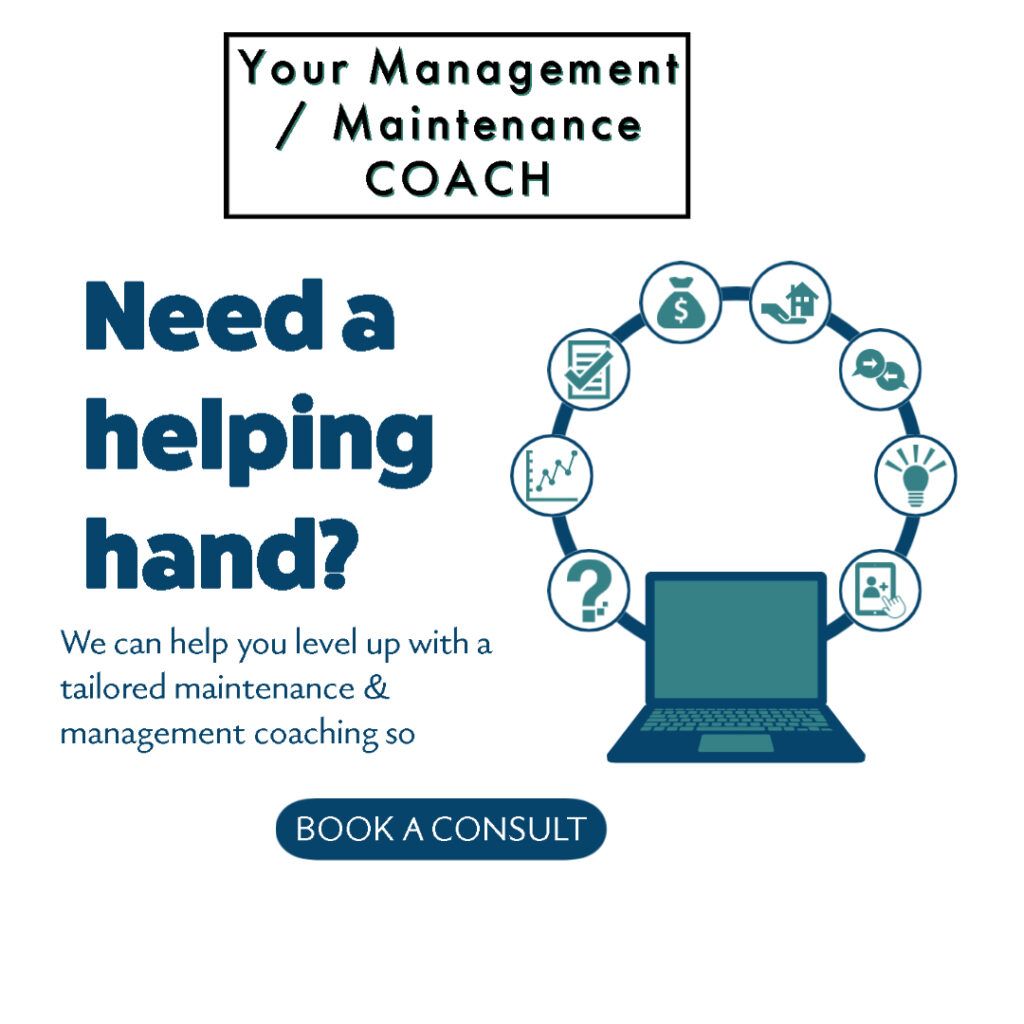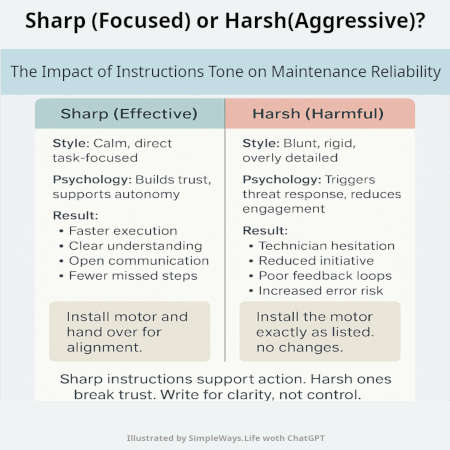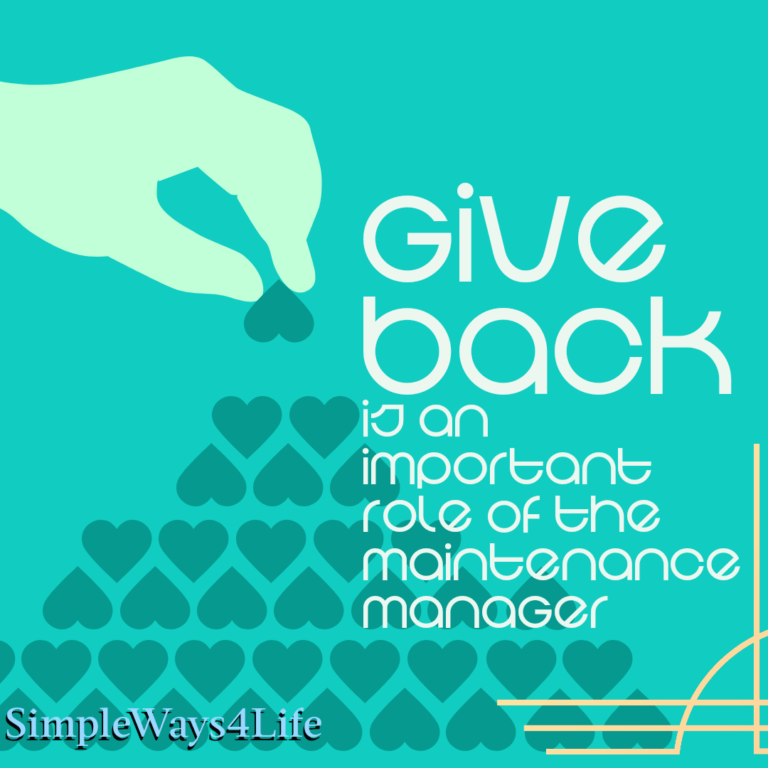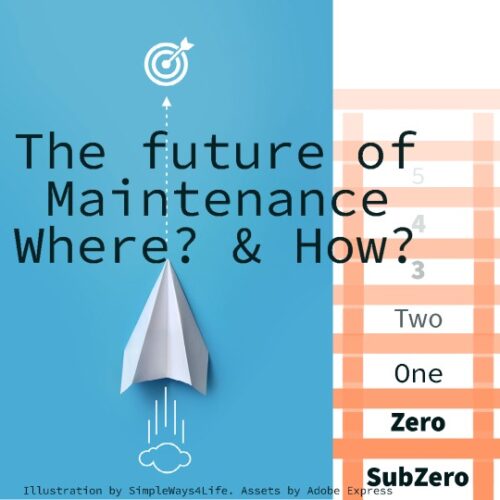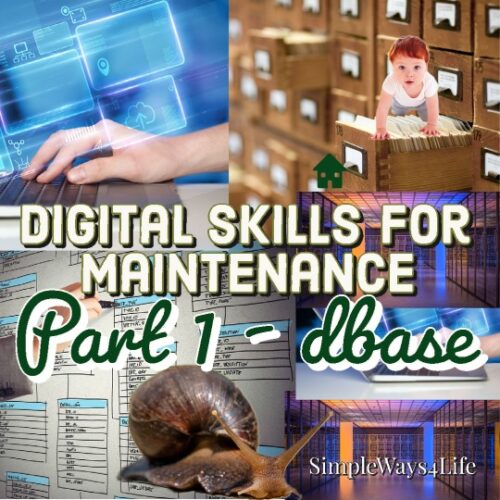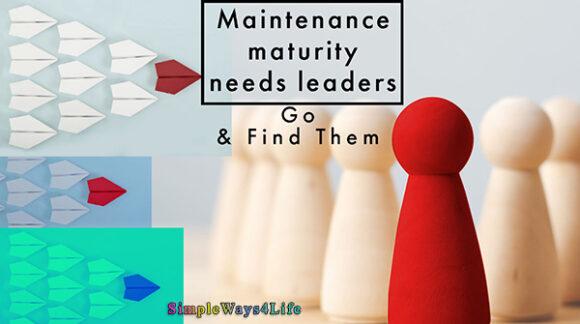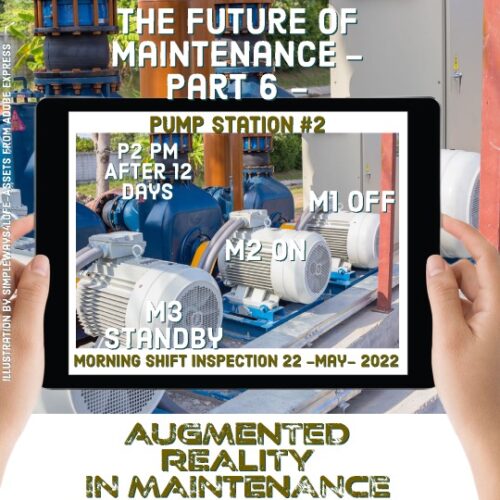It depends on our definition of hard work. For some definitions of hard work, AI intrusion in some works places might mark the beginning of hard work. The common meaning of hard work reflects exerting a great deal of effort. The hard work might reflect the capacity to withstand a difficult process or situation without giving up. Those definitions draws an image with dimmed lighting and full of the scent of sweat, tear and blood.
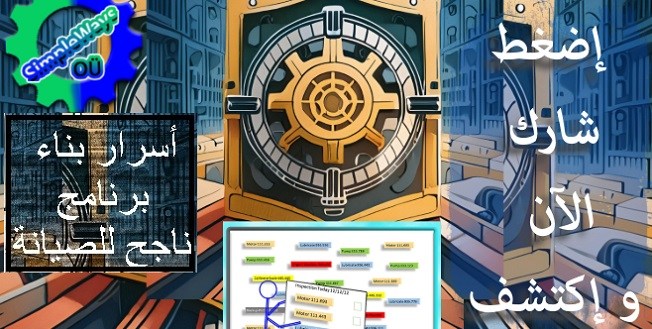
BESTPRICE-ENDS-04FEB
On the other side of the scale hard work means consistency to achieve success. Indeed defined it nicely as “Working hard is going above and beyond your usual effort to achieve a higher level of success. It’s being focused, consistent and staying motivated to produce quality results. It means using your physical, emotional and mental abilities to be purposeful in your actions.”. Here hard work draws a bright image of success, self fulfilling and achievements.
How will AI fit in those situations? That’s what we are going to delve deep in.
Will the adoption of AI will mark an end to the physical hard working?
As we used to define AI, it is a software with algorithms and APIs that can find rational solutions to problems. You can read the details in this article: The Future of Maintenance – Part 5-2, What AI really is?
When the physical effort is the prime focus of hard work, AI powered tools can save some of the rework caused by the human workforce. The development of tools has the intend to decrease the physical effort required from the human worker. So using an electric, hydraulic or air torque wrench offloads the physical effort of tightening or removing bolts. There is no need for the torque wrench to be smart to reduce the user physical effort. But, the story is not about only about tightening the bolt. The story starts by who sets the correct tightening torque for each bolt? The wrong setting of the torque wrench can result in a rework. The rework is a the first sign that we have hard work. But the tightening work itself will still need the human worker to do it

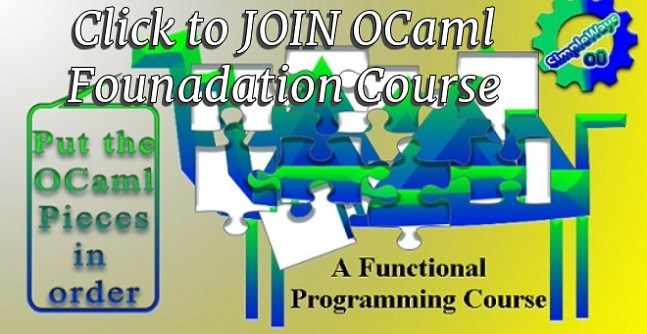
However, smart torque wrenches that knows the correct torque to tighten a certain bolt or nut is not a simple project. It needs some costly infrastructure. The benefits from such a project need to be feasible. Car assembly is a good example of a workplace relying heavily on robots. The main target for this is the accuracy and speed provided by the robots. But, those are not necessary to be AI robots.
When to use AI to reduce hard work?
However, robots are not usually AI machines. Sometimes they are just automated machines that do a repetitive task efficiently. When there is no need for decision making, there is no need for AI. When we use AI for the quality checking of a product, then there is a decision making applied. Here we need an intelligent agent to decide if the quality of the produced part is within the accepted limits.
Also, the environment where the worker is tightening the bolt can be a source of hard work. Is it hazardous or risky? Using robots in Hazardous and risky environments is one of the key targets behind AI development. Why? Because it pays off. The development and application of AI tools need to be feasible.
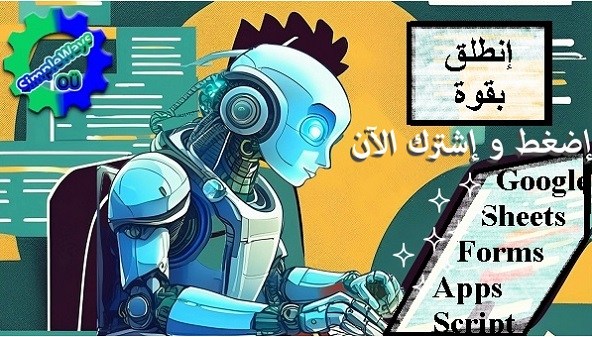
BESTPRICE-ENDS-04FEB
Autonomous vehicles used in mining is one of the great examples in this area. Autonomous vehicles can make working conditions safer in mining as they do not have to attempt to reach potentially dangerous areas of a site. They can drive through reduced vision or lighting based on their sensors. They will not exceed the site driving speed or overlook the alarms for maintenance. Driving in this conditions need a lot of calculations and rational decision making that makes this job risky and stressful for human trucks drivers.
How to use AI to reduce the effort of repetitive work ?
Automation of tasks will help to reduce the hard work steming from needed consistency. There is a good example for this in the marketing realm. Specially the online one. Analyzing data and creating trends is one of the key functions of AI algorithms. This application can be extended to any area where there is available a good chunk of data. Maintenance teams used this tool to reach perfect time of maintenance through predictive techniques. That’s one of the key area of using AI in mining to reach a perfect maintenance system for the mining expensive equipment. Investing in AI application for the maintenance of mining equipment is a rewarding decision to the mining company and the maintenance team.
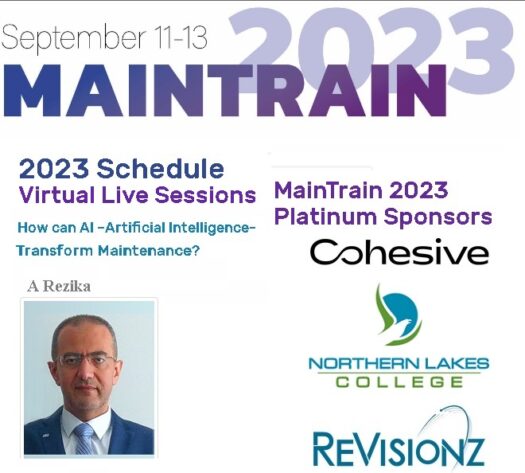
Using or programing AI tools to automate our day to day tasks will offload the hard work of consistent follow up. Usually AI tools are thought of as complex algorithms that works on tons of data. However the AI assistant that is is built into our mobile phones relies on a preprogrammed model of a human user and tune it with the experience of this specific user. The intelligence of this AI assistant stems from recognizing its environment as any AI agent. It is environment includes the location, the frequently used apps, the frequently used words and so on. If you send messages constantly with certain words, it recommends same words to you as you start typing the first word. You can consider this as one of the AI tools that offloads the repeated greetings or condolence messages from your mind.
Will AI end the hard work or the work completely?
Many articles are fueled by the scarcity of jobs in the presence of the AI. However, actually AI is used to help you do your work in a better and safer way. Or, it frees your time so you can do a better job. Anyhow the AI field itself opens a lot of job opportunities in the AI development, customization and maintenance.
If you consider searching for a solution to a software problem as a hard job; and it is one, using an AI tool to give you the answer is not the easy solution. With all the propaganda of the ChatGPT capability to replace a lot of coders, It produce errors in 4-5 lines of code. That’s my personal experience. And when I was angry that ChatGPT submitted 5 lines of code 4 times to produce the correct working code, ChatGPT apologized that coming up with a working code for a specific situation is a hard job.
That’s why AI tools will remain great for general purpose answers. However for specific situations it needs a lot of training by the development and customization team to be a real competitor to the human workforce.
Forbes had a nice insight about this: Artificial Intelligence And The End Of Work. It says “AI—better understood as ‘augmented intelligence’—complements, rather than replaces, human cognition.”
In Conclusion,
The term “hard work” can be used to describe eagerness to achieve results or a tiring situation that takes human efforts needlessly over the limits. AI can help reduce either types of hard work. The key for preferring an AI agent over a human one will be the feasibility of using one. The feasibility study includes the cost, the risk and the technology availability. Introducing AI tools to augment or replace human work force needs a workforce of its one. So still in the AI realm we shall need physical hard work, work consistency and awareness of the AI flaws.
If you feel you need help with any of these ideas we discussed, request a Management Consultancy or Coaching Services From our Store
